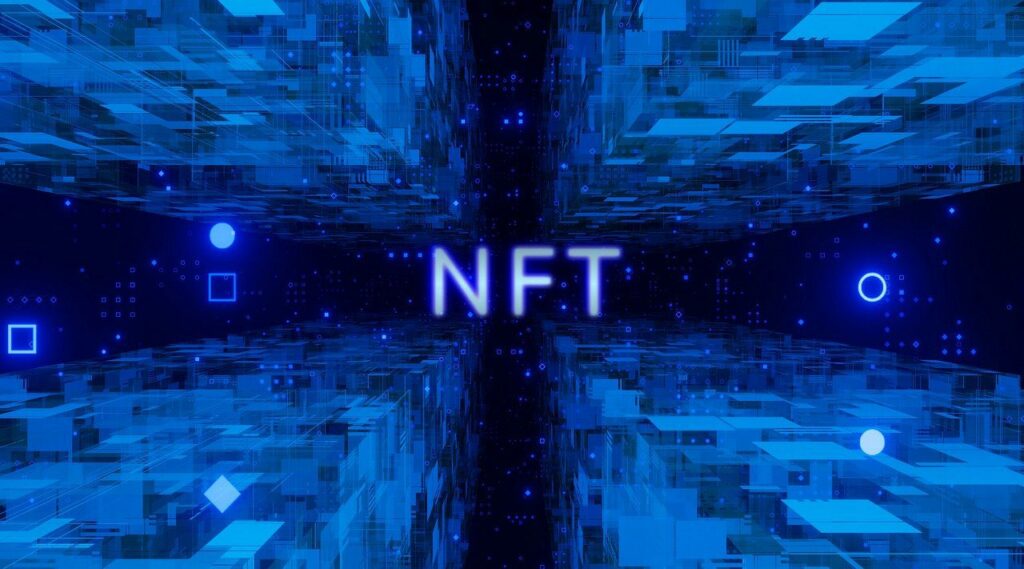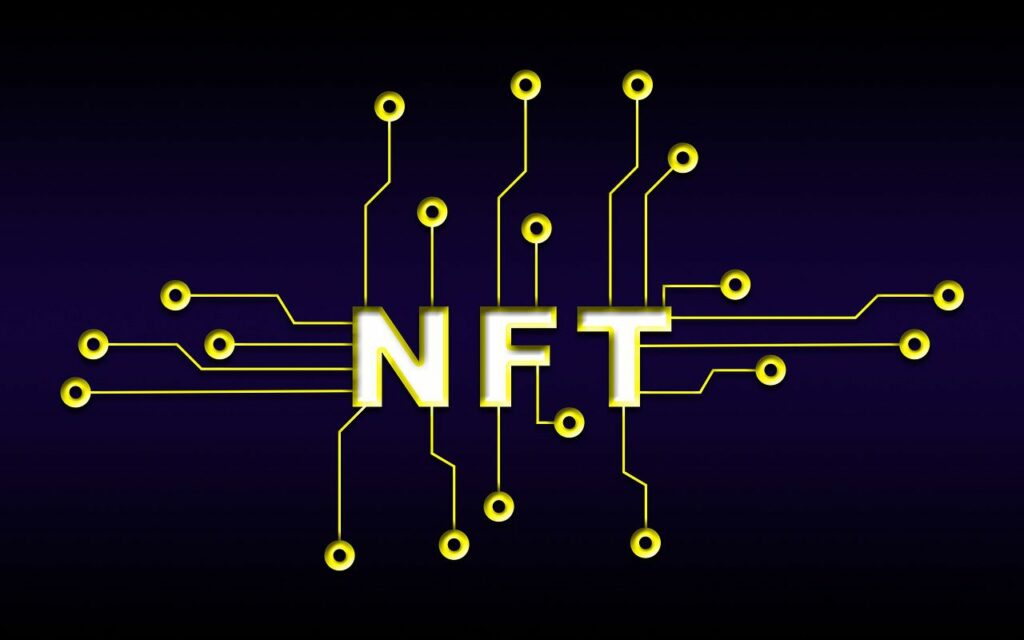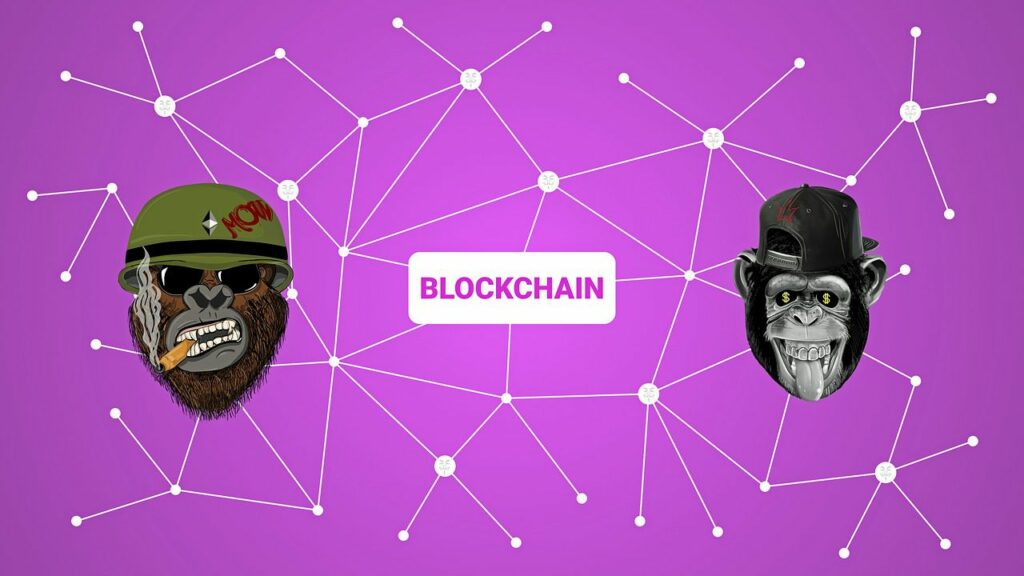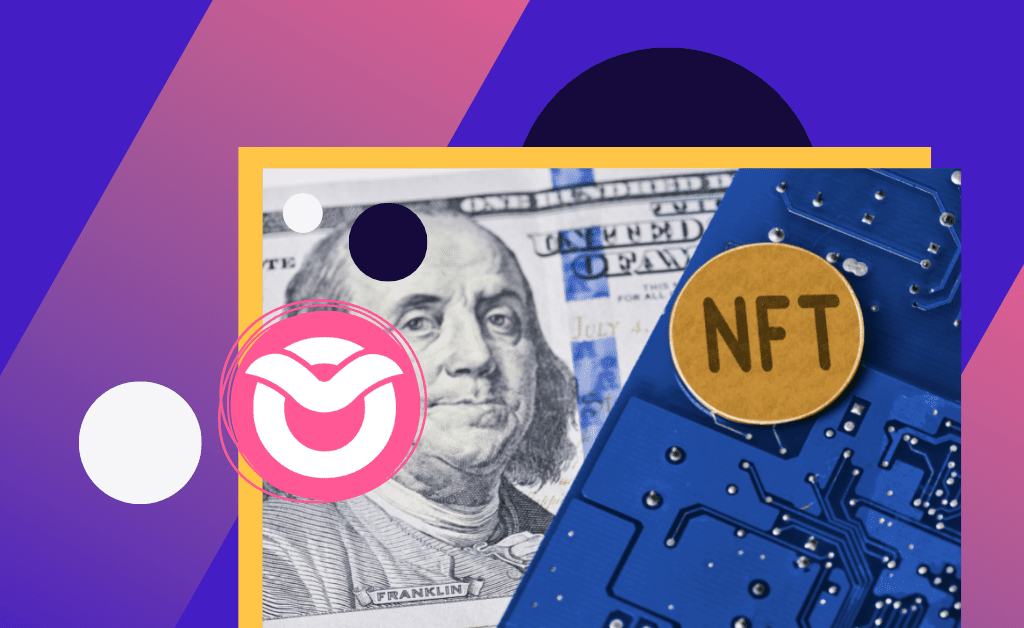We’ve all been hearing a lot about NFTs in the last year
If you’ve been active in the online learning space lately, you may have come across the term NFTs. These digital assets have been making waves in the online educational community, promising a new way for creators to monetize their content and for learners to invest in their education. But what exactly are NFTs, and how do they work? In this comprehensive guide, we’ll take a deep dive into the world of NFTs for online courses. So whether you’re a seasoned course creator or just getting started, read on to discover the ins and outs of NFTs and how they could change the face of online education as we know it.
There was a time just a few months back when every time NFTs were discussed, it seemed they were the answer to every problem. As if NFTs were going to solve all future problems for humankind, including replacing centralized governments, slow and inefficient judicial systems, paper contracts, and digitally signed contracts. While I didn’t hear anything about how NFTs would solve world hunger or global warming, I’m sure it’s because those were discussions I missed.
That said, if you’re reading this article, it’s likely you’ve heard about NFTs and may even be quite well versed in them. I’m no expert in NFTs, but I still consider myself somewhat of an expert in online courses. I’ve been an online course creator for a better part of a decade, and I’m truly enthusiastic and passionate about making online learning better.
Even though I have little interest in the speculative nature of NFTs; after having read up on the topic of how NFTs could potentially improve online course learning experiences and after having spoken to some really smart people about the topic, I have to admit I’m rather enthusiastic about this NFTs and online courses. I’m optimistic that NFTs can contribute to better learning outcomes for learners and better course delivery mechanisms for teachers and creators.

Uhhh, What’s an NFT Again?
NFT stands for non-fungible token. Not that definition is particularly descriptive for most people. Most people, including myself, haven’t used the word fungible in a sentence before 2021, and the last time they used the word token was probably at a Chuck-E-Cheese pizza parlor a decade to go as a kid. But if I had to explain NFTs in a way that a five-year-old could understand, especially in the context of online courses, then NFTs are sort of similar to golden tickets in the story of Charlie and the Chocolate Factory.
In the story, the golden tickets were very rare, and could not be duplicated or copied, and they allowed the owners of those tickets access to a world of magic at the chocolate factory.
NFT Acts as a Unique Access Pass for Online Courses
So let’s get into some use cases for NFTs for online courses. The first and most obvious use case is for a course creator that wants to ensure that each of their online learners has one and only one pass to gain access to online course material. Currently, most online courses use a username and password authentication method. This is the old paradigm of log-ins on the internet.
While it’s easy and ubiquitous, it’s kind of a sucky method for ensuring that the people who have been given access are the only ones who actually can gain access to what’s behind the login box. These days, hackers have stolen millions, if not billions, of passwords worldwide.
Without additional authentication layers such as two-factor authentication, it’s not uncommon for the wrong people to be accessing other people’s accounts. But with online courses, what’s more common is that the original purchaser of your course has the ability to share that used password with anyone they want, so instead of one-person accessing your online course, it could be two, three or even ten people.
Online course platforms have implemented some basic security features to discourage username and password sharing by disabling accounts where it sees multiple devices logging from multiple locations. However, the real problem here is that the username and password login system sucks! It’s hard for learners to remember their passwords (we’ve now told everyone not to use the same password for every website), and it’s easy for them to share that username and password with all their friends.
So as a course creator, instead of making $300 by selling your $100 course to three people, you’re effectively making 1/3 of that. Along with that, instead of providing email support to one customer, you might be supporting three people for one account without even knowing it.

This is one of the reasons that we’ve implemented a magic link login system in our online course platform, Owwlish. Not related to NFTs, the magic link login system gets rid of passwords altogether for your learners and only asks them to enter their email address when accessing your course, which then sends them a temporary one-time link to their email address, which they can use to log into your course.
That link is only good for one time use, and it only lasts for around 10 minutes, so they cannot easily share the link with other people. While not impossible, this method helps to discourage people from sharing their online course access with friends as learners probably don’t want to deal with the hassle of forwarding unique one-time login link emails to their friends every time one of their five friends wants log into their course.
NFTs Take Online Course Security to a New Level
Enter NFTs. There’s only one unique digital token or pass for one learner’s account. So if Mary buys your course and wants to share it with Maria, she can send her NFT access pass to Maria, but Mary will now lose access to your course, thus making Mary think twice before sharing account access with Maria.
This is cool, especially for the course creator. But as with any technology, there are pros and cons, and using NFTs for online course access, isn’t all daffodils and roses.
It also complicates your login process for online course learners, who are used to simple usernames and passwords.
NFTs are not ubiquitous on the internet yet; most people don’t even know what they are, let alone know how to use them. To implement NFTs for online course access, your online learners would be sent a public and private encryption key.
They would have to store this in something called a digital wallet, most likely in an extension installed on their web browser or in an app on the mobile device. Then when they want to login to your course, they would visit your course site, and their browser would send over the public key to your course site, which would authenticate them and allow access to the online course content.
Simple enough in theory, but again, most people don’t know anything about these new technologies, such as digital wallets for encrypted keys yet, making the whole process cumbersome and confusing to your customers. If your customers happen to be highly tech-savvy and enthusiastic about emergent technologies, this shouldn’t be a problem, but for most online course learners, this could be discouraging.
Still, we have to keep in mind that emerging technologies get easier and easier to use as time goes by in the general population’s skill set when it comes to new technology. After all, I came of age during a time when most adults were terrified to get on the world wide web. Five to ten years from now, logging into your bank or your online courses with an NFT token is likely to be a common occurrence by most people.

The secondary market for online courses using NFTs
So now we get to what I think are the most exciting, interesting use cases for NFTs and online courses. Currently, in an ideal world, when you sell an online course to someone, that person won’t give away their login to a friend. In this ideal world, your learners are loyal and don’t break the rules.
In reality though, it’s extremely common for people who buy online courses to either share that login with friends and family for free or to sell their access to friends at a discounted rate. The other day, a good friend of mine offered to sell me a $3,000 course for $300. It was an incredible deal, and while I was tempted, as a course greater myself, I resisted the temptation because I know how hard it is to create a course and get people to buy it.
But what if you, as a course creator, got paid automatically every single time access to your course was sold? What if you could get a guaranteed percentage of any sales on the secondary market, and what if you could even set the parameters for that sale? For instance, you can decide that when any of your learners try to sell access to your course, they cannot sell it below a certain price, and it cannot be sold more than x number of times. This would be truly revolutionary! It also takes the concept of passive income to the next level.
Think about it, instead of spending lots of time and mental energy trying to lock down your course and dissuade people from sharing logins or reselling access to your course, you actively encourage it!
No doubt there would be endless possibilities to help incentivize your learners to do the ground-roots marketing on your behalf. I mean, when you think about it, would you rather buy a course directly from a course creator that you don’t personally know from their website, or would you rather have a good friend who’s had a great experience taking a course sell you that course access directly for a discount?
We trust our friends a lot more than we do strangers, and I trusted a friend who raves about an online course and is willing to sell it to you at a discount is a win-win-win for all parties involved.

Affiliate Marketing Made Easy and More Trustworthy
Finally, to fork off the previous concept, NFTs could make affiliate marketing way easier for both the course creator and their affiliates. Right now, starting an affiliate program as a course creator is no simple task.
At minimum, you’re going to need special tracking software and probably a bunch of third-party services connected to your website and financial accounts to make the whole thing work. (Something we’re working to make easier at Owwlish, by the way).
While there are a lot of great services out there that provide affiliate partner programs for online courses; your affiliates still have to trust that at the end of the day, you have the technical chops and the ethical values to ensure that your website is accurately tracking potential customers your affiliates are sending your way.
If a course creator intentionally or accidentally sets up their affiliate software incorrectly on their website, the affiliates are out of luck and out of bucks. NFTs could bring trust and peace of mind to your affiliates that the people they send to your course who end up buying will be counted and will result in them being paid.
A bright future ahead for NFTs and online courses
So these are some of the use cases regarding NFTs for online courses that I’ve been thinking about lately, and I have to admit I’m pretty excited about them. Although NFT technology is still in its in fancy, and the learning curve for learners and creators of online courses regarding NFTs is still quite high, I expect this will change in the next 3 to 5 years.
At Owwlish, we intend to be at the forefront of this technology and find ways in which it makes sense to utilize NFTs for teaching and to sell online courses. So if you are interested and know how all that’s progressing, please reach out to us and let us know you’re interested in using NFTs for your online course; we’d be happy to chat with you further about it. Also, if you’re looking for a great online course platform to share your knowledge with the world directly from your website, check out Owwlish!





